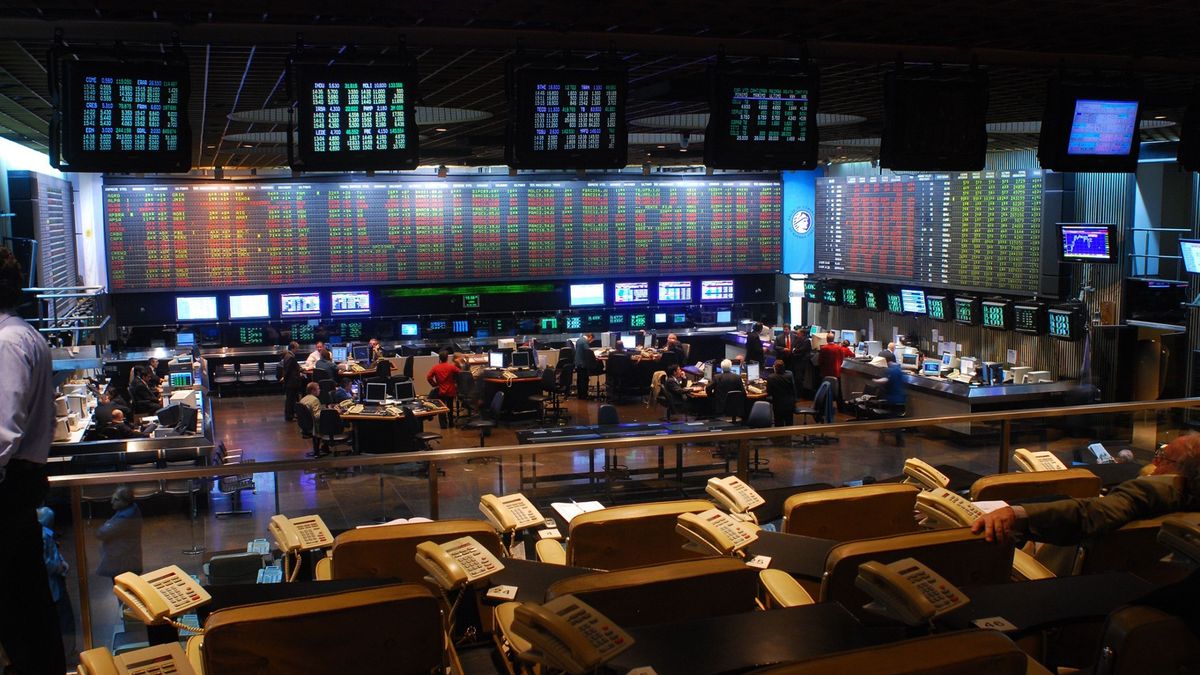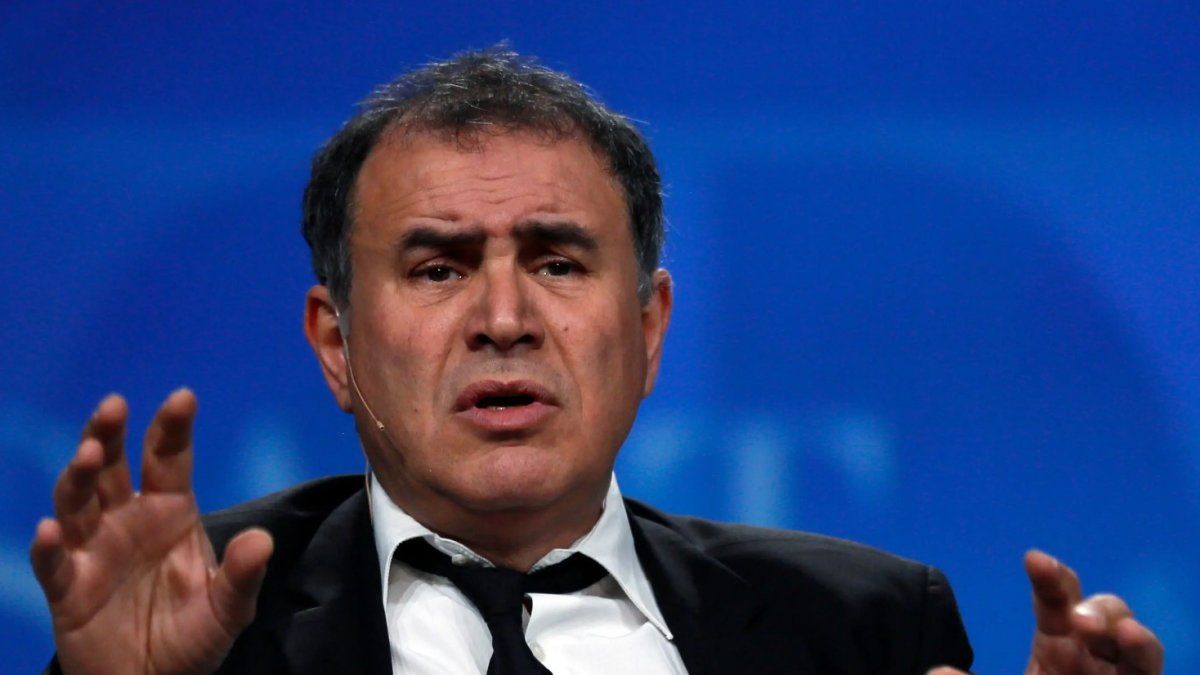In the case of AL30D, the loss was 3.71% and stood at 24.81, while its foreign legislation pair GD30D marked negative 2.86 to 28.86. Likewise, the spread between legislation increased again to 16% with a preference for the global 2030 foreign law in the face of greater legal protection in adverse cases. Regarding the required yields of both, the LA30 amounted to almost 37%, while the GD30 did so around 32%.
Fixed income surprised with a total collapse in bonds that adjust their capital by CER. After rates have been involved in a dynamic of rapid recovery in mid-May and throughout the entire curve, this Wednesday, in the midst of a context that has become uncertain, the jump is once again very aggressive, causing prices to reduced to 5% in the short sections and the current presidential mandate.
In medium tranches, the capital loss rose to 10%, while the longer ones lost even more according to greater sensitivity, with the CUAP among them and a loss of 11.71% of its market price.
“Concerns and adverse rumors harmed the expectations of the flow and addressed the CER-indexed bonds, taking into account the large amount of this type of asset that the Government must constantly refinance. Among reasons, an uncertainty and decrease in confidence that became widespread in a greater intention to sell, together with the significant withdrawal of funds, generated a loss of capital in the titles that not only affected the periods of the subsequent presidential mandate”, they highlighted from Rava Bursátil.
In greater perspective and extension of time, one of the examples can be seen in a marked increase in the rate that was seen in the TX23, which went from negative 8% at the beginning of May to 10% +CER in just one month.
From a drop in the demand for CER bonds and an outflow of amounts in said assets, the questions and concerns of the market are triggered about the resulting free flow of pesos.
While, the Argentine country risk of the bank JP.Morgan rose 2.1%, to 1,970 points, maximum in three months (considering that on March 8 it closed at 1979).
The S&P Merval
BYMA’s S&P Merval stock index fell 1.1% to 89,947 points, after improving 0.65% on Tuesday and losing 1.55% at the start of the week. The main drops were recorded by the shares of Cresud (5.1%), BBVA (4.1%) and Macro (3.9%). Meanwhile, the most important increases were recorded by Aluar (1.9%), Ternium (0.65%) and Transportadora de Gas del Sur (0.6%)
The strong inflationary escalation that hits the country, which would be around 72% this year, the difficult fulfillment of goals agreed with the International Monetary Fund (IMF) and the internal tensions in the government coalition keep potential investors away, operators agree.
“The beginning of the week was not the desired one for the majority of Argentine equity holders,” said Portfolio Personal Inversiones.
“Global stocks fall… as a surprise 50 basis point hike in Australian rates sparked concerns about monetary policy tightening ahead of Thursday’s ECB (European Central Bank) meeting and the US inflation data out on Friday,” he added.
Source: Ambito
David William is a talented author who has made a name for himself in the world of writing. He is a professional author who writes on a wide range of topics, from general interest to opinion news. David is currently working as a writer at 24 hours worlds where he brings his unique perspective and in-depth research to his articles, making them both informative and engaging.




